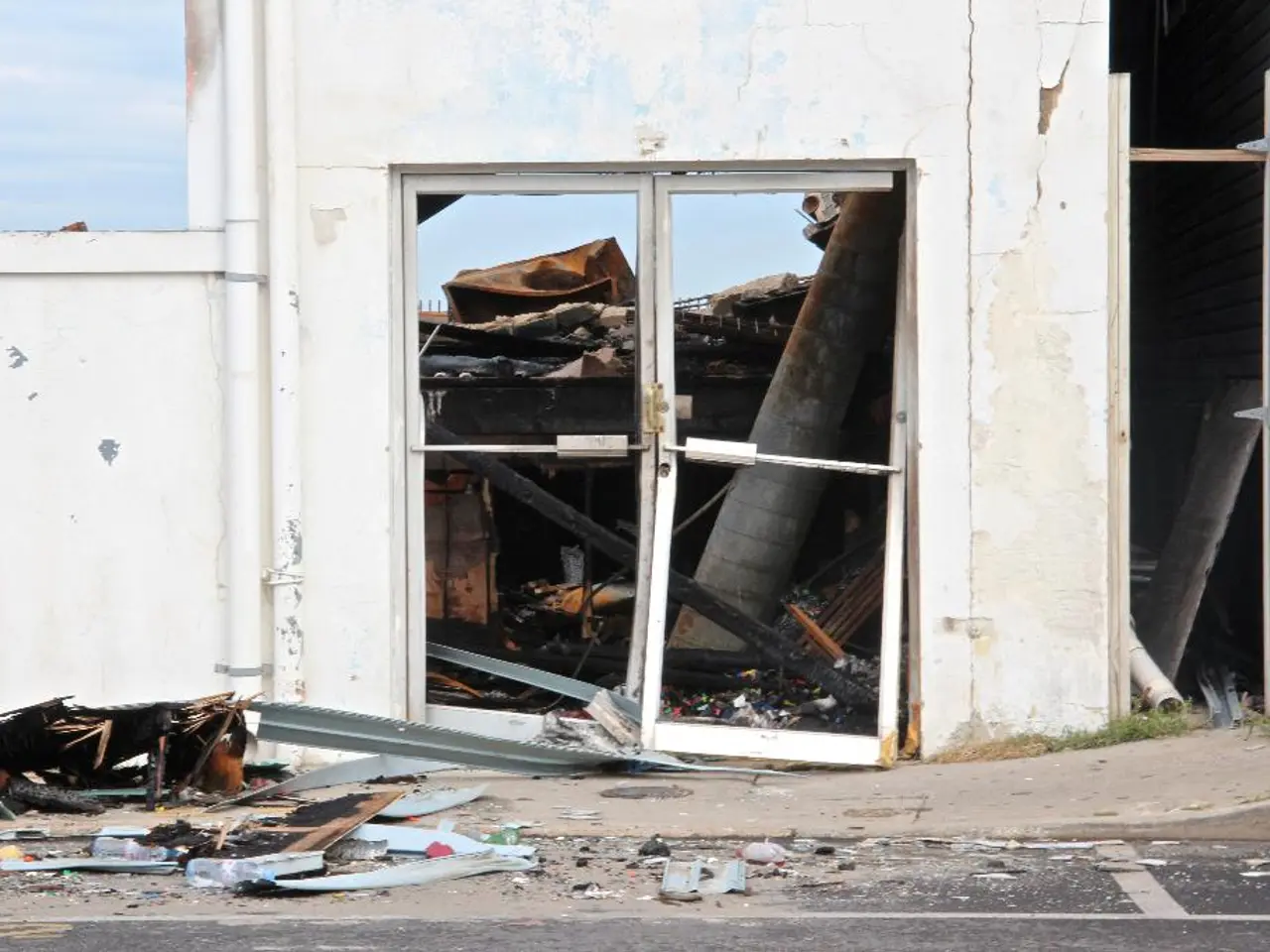Israeli military leader voices opposition towards broadening Gaza conflict, intensifying tensions with Netanyahu
In a statement, the United Nations has called reports about a possible expansion of Israel's military operations in Gaza "deeply alarming" if true [1]. The Israeli military has repeatedly opposed imposing military rule, annexing the territory, and rebuilding Jewish settlements in Gaza [2].
Israeli Prime Minister, Netanyahu, is under intense international pressure to reach a ceasefire in Gaza. However, he has expressed a desire to expand military operations in Gaza to put pressure on Hamas [1]. The war in Gaza, which began when the militant group Hamas attacked southern Israeli communities in October 2023, has already overextended Israel's military, which has a small standing army and has had to repeatedly mobilize reservists [3].
The latest ceasefire talks in Qatar broke down last month [1]. The military continued to carry out air strikes across Gaza on Wednesday, killing at least 135 people in the past 24 hours [4]. The death toll since the beginning of the conflict now stands at more than 61,000, mostly civilians [4].
The planned operation risks “another horrific chapter” in the conflict and will exacerbate the already catastrophic humanitarian crisis with massive civilian displacement [1]. According to aid groups, residents in Gaza are on the verge of famine [5]. More than 20 Palestinians died on Wednesday when a truck believed to be carrying food overturned as it was swarmed by a desperate crowd [6]. Close to 200 Palestinians have died of starvation in Gaza since the war began, about half of them children [7].
Former captives have said their captors threatened to kill them if Israeli forces approached [8]. There are 50 hostages still being held in Gaza, of whom at least 20 are believed to be alive [9]. The Israeli military accuses Hamas of operating amongst civilians [10]. However, videos released by Hamas and Palestinian Islamic Jihad last week showed two extremely emaciated captives, triggering international condemnation [11].
France strongly condemns the plan, labeling it a serious violation of international law that would further destabilize the region, undermine prospects for peace, and fail to improve Israel’s security or the fate of hostages held by Hamas [2]. France insists that the future of Gaza must be part of a viable Palestinian State under the Palestinian Authority and supports a two-State solution while calling for ceasefire and disarmament [2].
The UN Security Council also emphasized that there is no military solution to the Israel-Palestine conflict, highlighting the dire situation of starvation and humanitarian suffering in Gaza amid ongoing conflict [3]. It is not clear if more reservists would be needed to expand operations and take more territory [12]. Hamas insists any deal must lead to a permanent end to the war, while Israel accuses the group of lacking sincerity about giving up power afterward and must be defeated [1].
In summary, Israel’s military expansion in Gaza is seen as highly escalatory with significant humanitarian costs, provoking strong international reactions that stress the importance of political solutions and the protection of civilians.
References:
- The Guardian
- Le Monde
- Al Jazeera
- BBC News
- Reuters
- CNN
- The New York Times
- The Washington Post
- Haaretz
- The Jerusalem Post
- The Times of Israel
- AP News
The war-and-conflicts in Gaza, precipitated by intense political tensions, have led to an emergency situation, with calls for a ceasefire intensifying due to the humanitarian crisis [1]. The deepening conflict, marked by ongoing military operations and civilian casualties, has been widely criticized as a violation of international law and a threat to regional stability [2].






